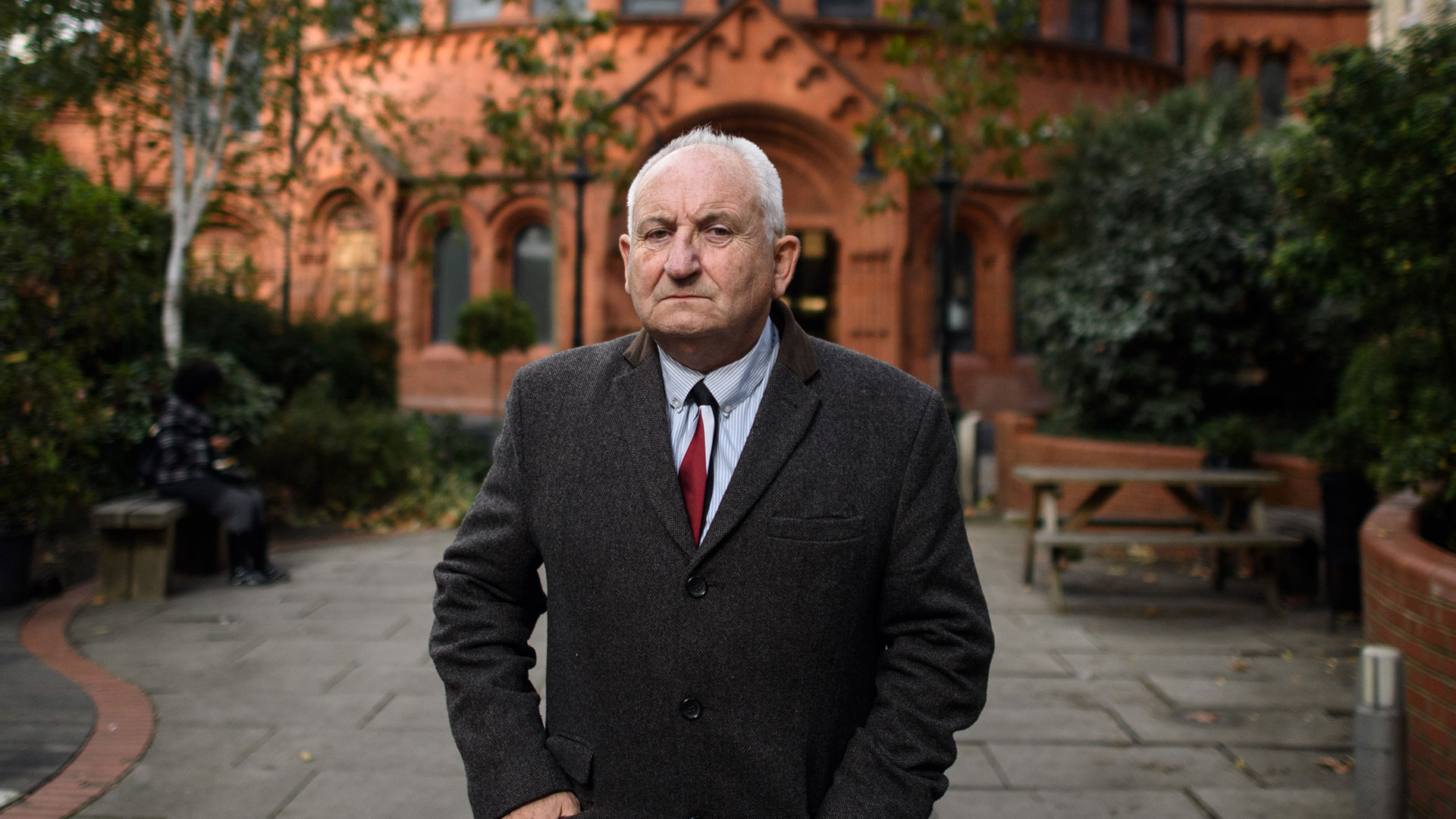It is a paradise that seems to be losing certain elements. Shops disappear gradually, and restaurants are left empty. The finest little restaurant that has sustained me over half a dozen summers is gone. And with it, its incredible bouillabaisse, a Provençal fish soup that I love.
Gone also is the dour man who ran it, and who, like a lot of people who serve you in France, seemed to be doing you a favour. But his manner was spiked with fun. And the delight of recognition. “You came back,” his manner seemed to say; “That’s good!”
Gone from the campsite is an Algérienne family we saw every year. A mother and a boy and two daughters. The boy was a tremendous footballer and taught my son some incredible turns with a ball. Alas, one of the girls was disabled and each year seemed to have lost more mobility. One year, lively and establishing independence. The next, less so. And so on.
It was her plight that awoke in me a sense of respect and pushed me into thinking more on ability. Late in life, I saw what a child can do to fight on. It made me desire more humanity and humility in myself. Each summer, I was more sensitised to the need to extend our world view. From disability to ability, it has been described as.
I came to France therefore to learn more about being human.
My book seems to write itself. Will it be finished soon? I ask the penman inside me to get on with it. Not to waste time on ancillary stories. It’s a book within a book and I do feel it’s turned a corner and I’m dragged along behind it.
Advertising helps fund Big Issue’s mission to end poverty
Its logic seems to always be brought into question. Some nice people are suddenly murdered and then brought back to life by a fairy; only then to be killed by another fairy. All in the hot pursuit of what?
Each morning I rise early and apply myself to writing. I hope it’s good this time
Much of my book’s setting is around the Royal Parks of London. I was born minutes from Kensington Gardens. The action extends into Notting Hill and Bayswater. And into Park Lane, and down to Parliament Square. Yet here I am, sitting on the sandy north coast of France where it almost becomes Belgium, writing about fairy murders and public hangings at Marble Arch.
Situated in the campsite is an apparently indestructible part of the Nazis’ colossal Atlantikwall (or Atlantic Wall). This was where the biggest concentration of defensive barriers was put up to avoid an Allied invasion in the Second World War. The sight of this monstrous bunker always brings me back to the fragility of civility. It’s as though coming to Camping des Dunes is like a summer school, if I keep my eyes open.
Perhaps this year I’ll sculpt among Dunkerque’s extensive sands and bushes of gorse the completion of the fairy book. Writing a history book through the prism of fairy life, whilst sitting in parts of the debris of history.
We do take one sortie away from Dunkerque, to Lille. It’s a city full of shoppers. I lived there on and off 18 years ago while writing my autobiography for Penguin Books. The flat I lived in has been converted into a shop. The bar I drank in, called in English The Drunken Boat, is now a shop. Extensive shopping for clothing seems to turn the beautiful city of Lille into a clothing catalogue.
But a week away. A summer camp of thinking. And sand and gorse, and a power station as company.
Advertising helps fund Big Issue’s mission to end poverty
John Bird is the founder and Editor in Chief of The Big Issue.
@johnbirdswords
linkedin.com/in/johnbirdswords
john.bird@bigissue.com









